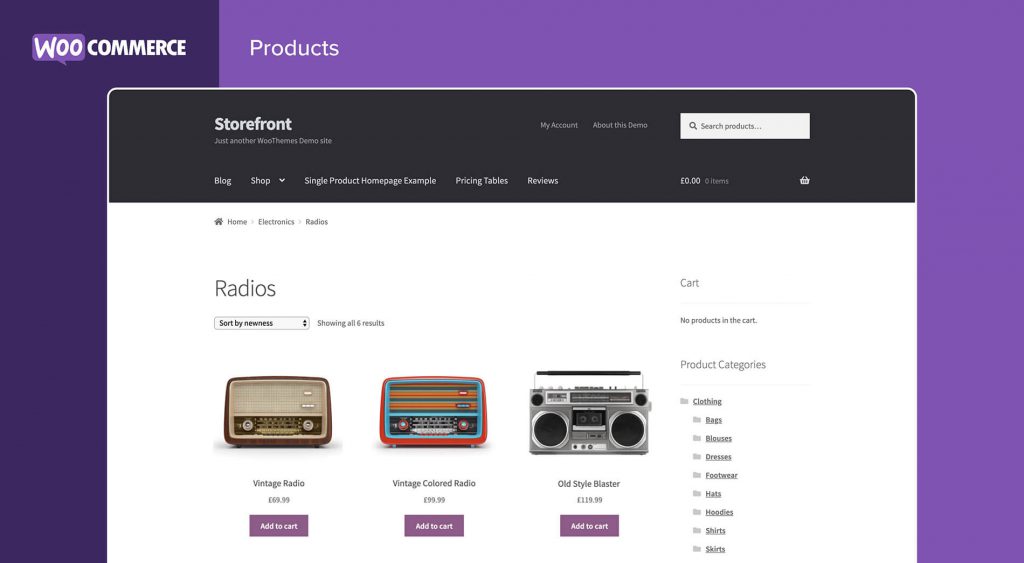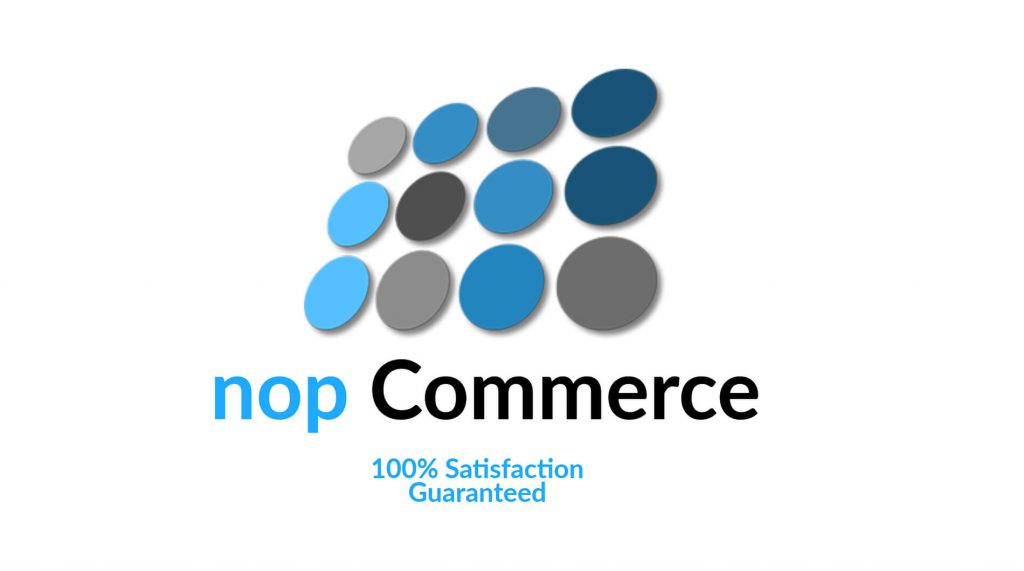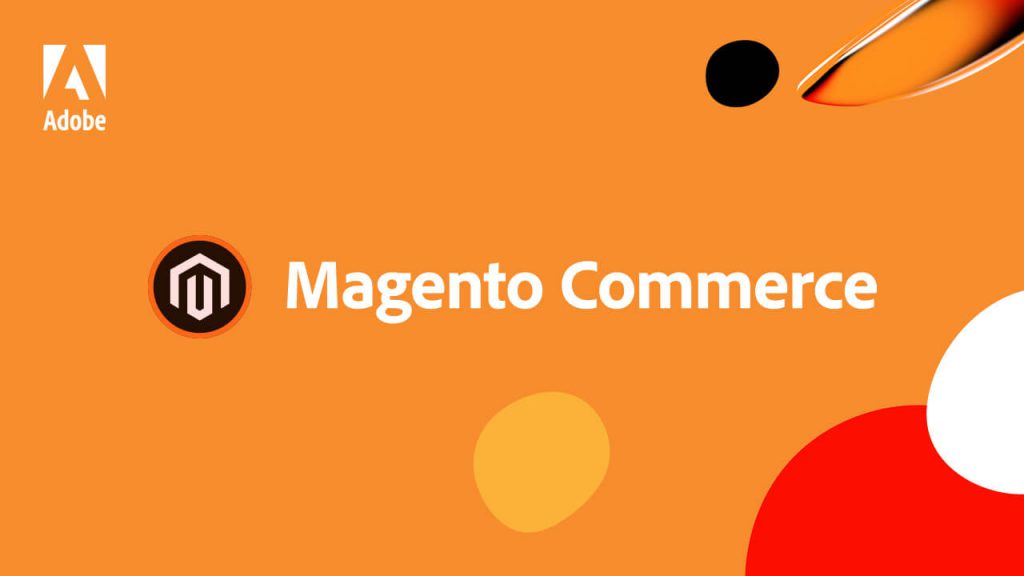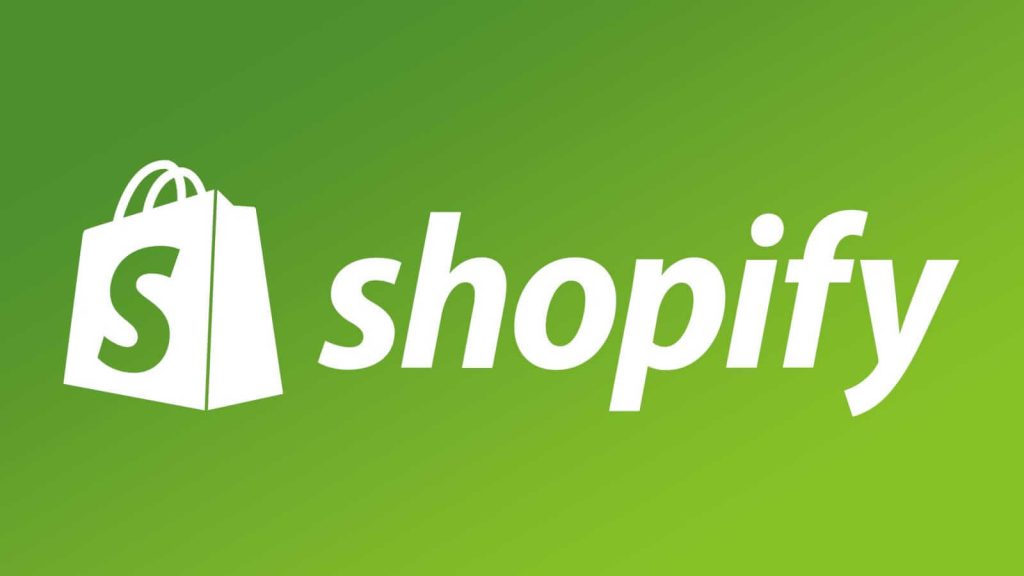In the world of eCommerce, choosing the right platform can be a critical decision for the success of your business. The choice will be influenced by many factors such as the status of your business (start-up versus established online trader), your goals, capabilities and what investment you can make in the short and long term.
Another important factor is the company that you choose to work to build and support your platform. Establishing a long-term relationship with a professional and experienced e-commerce team is essential to delivering a reliable and secure service over the long term. We work with clients who we first began working with over 18 years ago and the relationships are as strong as ever.
This article explores four of the best options available: WooCommerce, nopCommerce, Magento, and Shopify. Each platform offers unique features and advantages, catering to different business needs and preferences.
1. WooCommerce
WooCommerce is a powerful, open-source eCommerce plugin for WordPress, known for its flexibility and extensive customisation options. It’s ideal for businesses already using WordPress for their websites.
Benefits:
WooCommerce integrates seamlessly with WordPress, allowing users to leverage the platform’s SEO capabilities and extensive plugin ecosystem. Its open-source nature ensures high customisability, enabling businesses to tailor their online stores to their specific needs. With a user-friendly interface and a large community, WooCommerce provides excellent support and resources for users.
Typically aimed at smaller to medium companies with relatively low volume of sales and small catalogues, as well as markets like membership or booking sites. In this target zone its very hard to beat given the features you get out of the box and the thousands of WordPress themes and plugins out there it integrates with. Businesses can have a professional online store up and running in a relatively short space of time using the off the shelf features. That said larger retailers are now using WooCommerce, and using tools like Bricks Builder we as developers can create bespoke and performance optimised solutions for larger retailers who want a more tailored solution.
Pros and Cons:
Pros:
- Seamless integration with WordPress
- Highly customisable with numerous plugins and themes
- Open-source with strong community support
- Excellent SEO capabilities
Cons:
- Can become resource-intensive and slow with large product catalogs
- Requires regular updates and maintenance
- Limited functionality without additional plugins
2. nopCommerce
nopCommerce is a free, open-source eCommerce solution built on Microsoft’s ASP.NET technology, catering to businesses seeking a robust and scalable platform.
Benefits:
nopCommerce offers a comprehensive set of features out-of-the-box, including multi-vendor support, mobile-friendly design and extensive marketing tools. Its scalability makes it suitable for businesses of all sizes, from small startups to large enterprises. The platform’s open-source nature allows for custom development, and its strong support for Microsoft technologies ensures reliability and performance.
Its standout features are its security (fully PCI DSS compliant), search engine optimisation, and its lightning fast performance. The current version is built using Microsoft’s ASP.NET Core platform which is consistently benchmarked as one of the fastest out there. Equally importantly is its frontend UI which gets near perfect scores on Google’s page speed tests (this is very difficult).
There is a marketplace featuring thousands of plugins and integrations with leading payment, shipping and marketing automation software, and custom features are easy to implement thanks to its 100% extensible open source architecture. This is all backed up by a professional development team, and a mature and active development community.
Pros and Cons:
Pros:
- Free and open-source
- Scalable and highly customisable
- Very fast
- Strong support for Microsoft technologies, including built-in security
- Rich set of features including multi-vendor support
Cons:
- Requires technical expertise to set up and maintain
- Smaller community compared to other platforms
- Less themes and plugins compared to WooCommerce and Magento
3. Magento (Adobe Commerce)
Magento is a leading eCommerce platform known for its rich features, scalability, and flexibility, ideal for businesses with complex needs and large-scale operations.
Benefits:
Magento offers an extensive range of features that cater to the needs of large enterprises, including advanced SEO, marketing tools and multi-store management. Its high degree of customisability allows businesses to create unique and highly functional online stores. Magento’s robust performance and security make it a reliable choice for handling high traffic and large product catalogs.
Pros and Cons:
Pros:
- Extremely scalable and flexible
- Comprehensive feature set
- Advanced SEO and marketing tools
- Strong performance and security
Cons:
- High cost, especially for the enterprise edition
- Requires significant technical expertise and resources
- Can be complex to manage and maintain
4. Shopify
Shopify is a user-friendly, hosted eCommerce platform that simplifies the process of setting up and running an online store, making it a popular choice for small to medium-sized businesses.
Benefits:
Unlike nopCommerce or WooCommerce, the business owner doesn’t need to download or maintain code, this is all done through Shopify system. For this reason, it’s possible to get an online store up-and-running within minutes, and this rapid development process is its main selling point. This comes at a cost however, and that cost is ongoing licensing fees and additional processing fees per transaction.
Shopify offers a quick and easy setup process with a variety of professionally designed themes. Its hosted nature means users don’t need to worry about server management, security or updates. Shopify’s extensive app store allows for easy integration of additional features, and its strong customer support ensures businesses can get help when required.
Pros and Cons:
Pros:
- Easy to set up and use
- Hosted solution with reliable performance and security
- Wide range of themes and apps
- Strong customer support
Cons:
- Monthly subscription fees can add up
- Limited customisation compared to open-source platforms
- Transaction fees unless using Shopify Payments
Conclusion
Choosing the best eCommerce platform depends on your business needs and technical expertise. Our favourites are WooCommerce and nopCommerce, because they are open source and highly customisable. They are also often consideably cheaper than Magento or Shopify which is a real draw for any business owner. Each platform has its strengths and weaknesses, so consider your specific requirements carefully before making a decision.
Kickstart your e-commerce venture
Accuweb specialises in eCommerce website design and development. We offer a free, no-obligation consultation, without any hard sell tactics. Our goal is to help you find the best solution for your needs, answer any questions you have and to highlight any elements you might not have considered. There are a lot of options to consider which can be overwhelming and our aim is to simplify and explain the key options to help you kickstart your e-commerce venture. Please fill out the form to arrange a conversation.








